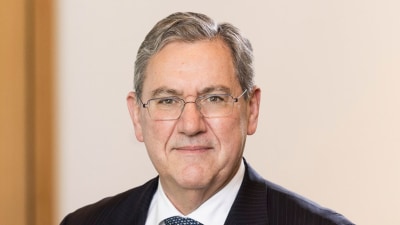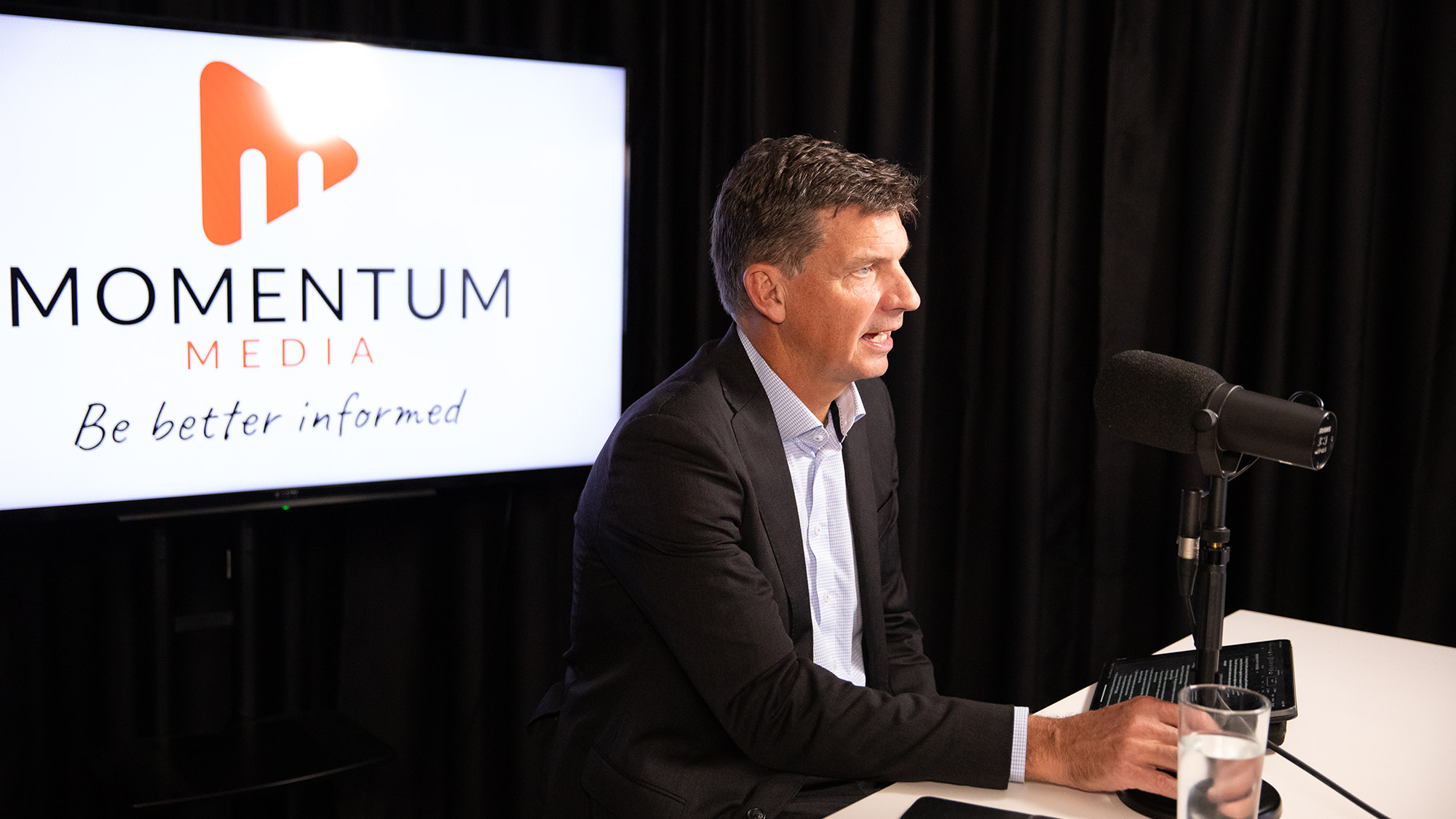Responsible investing lead to better performance


The responsible investment (RI) market, which grew 13 per cent over the year, saw RI funds outperform most mainstream Australian and international peers, according to the 18th annual benchmark report issued by the Responsible Investment Association of Australasia (RIAA).
Australian equities responsible share funds generated an average return of 6.43 per cent over five years and 12.39 per cent over 10 years compared to returns of 5.6 per cent and 8.91 per cent, respectively, for the S&P/ASX 300 index, the study found.
What is more, the acounts of assets being managed in accordance with RI principles currently represented 44 per cent of Australia’s total $2.25 trillion in professionally managed assets.
The Australian RI market also continued to grow in 2018, with $980 billion in assets under management (AUM).
“The findings of our report refute any misconception that investing responsibly comes at a cost in terms of performance, and contributes to the mounting body of evidence showing that responsible and ethical investing leads to better investment outcomes, alongside benefitting people and the planet,” RIAA’s chief executive, Simon O’Connor, said.
The report showed that the dominant strategy used for RI was environmental, social, governance (ESG) integration, which represented 45 per cent of AUM. It was followed by corporate advocacy and shareholder action as the second most popular strategy.
At the same time, there was strong growth in screening strategies, with negative screening being the third most popular strategy among Australian investors as opposed to global investors where it was ranked number one.
The report also stressed the push from the Australian regulators such as the Australian Prudential Regulatory Authority (APRA), the Reserve Bank of Australia (RBA) and the Australian Securities and Investments Commission (ASIC), which all recently addressed the need for ESG integration and risk mitigation in response to climate change.
Recommended for you
Self-reporting issues to ASIC could lead to a reduced charge for a fund manager but it may not exempt them from enforcement action altogether, according to ASIC chair Joe Longo.
AllianceBernstein has announced its chief investment officer and Australian equity manager Roy Maslen is to step down from the firm at the end of the year.
Pinnacle Investment Management has announced it plans to launch a new affiliate from a global equities team departing Royal London Asset Management.
Asset manager Nuveen is seeing opportunity in municipal bonds which are at their highest yields in over a decade.














